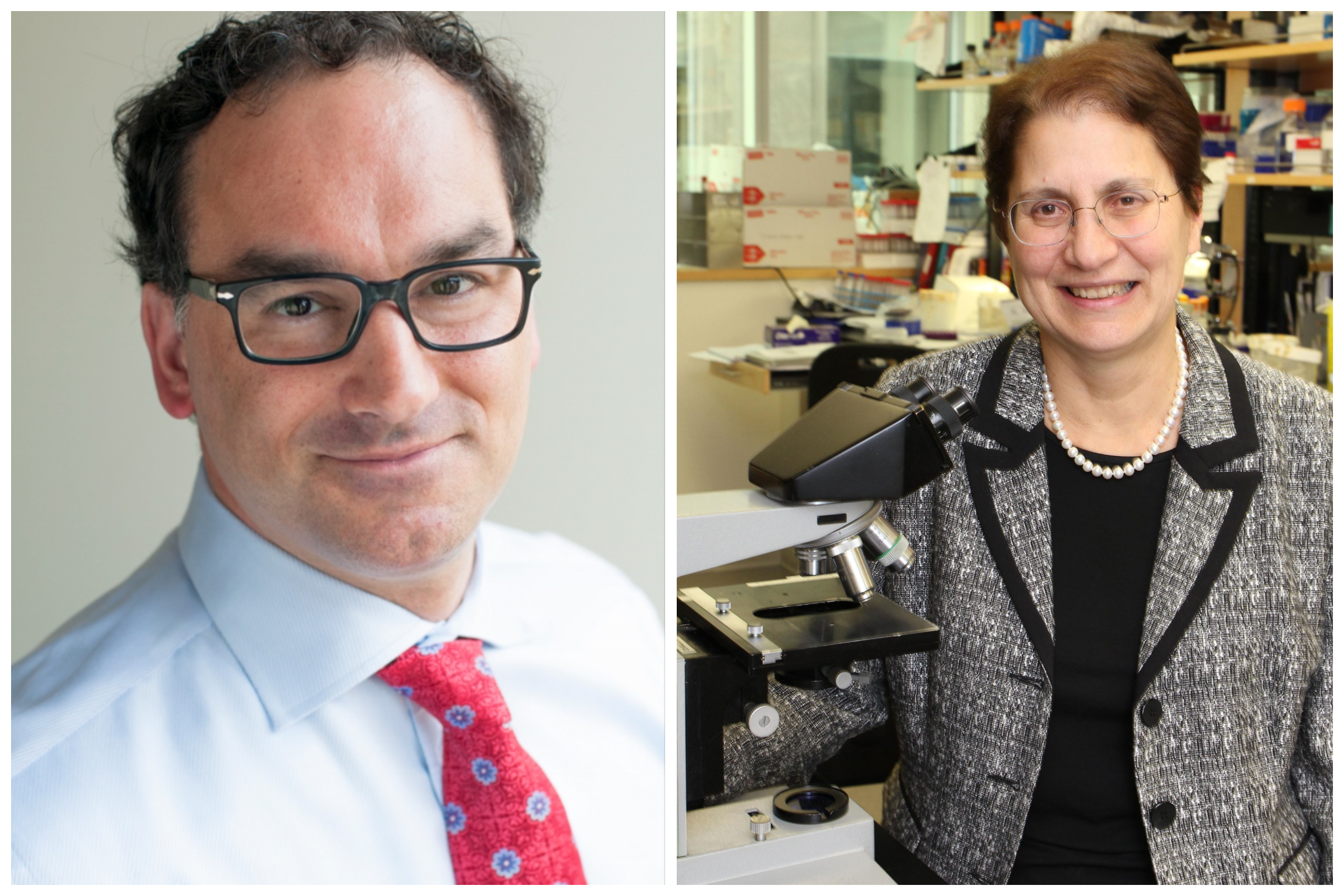Main Second Level Navigation
- Welcome
- Why Toronto?
- History of the Department
- Vision & Strategic Priorities
- Our Leadership
- Our Support Staff
- Location & Contact
- Departmental Committees
- Department of Medicine Prizes & Awards
- Department of Medicine Resident Awards
- Department of Medicine: Self-Study Report (2013 - 2018)
- Department of Medicine: Self-Study Report (2018 - 2023)
- Communication Resources
- News
- Events
Symposium to Spotlight Applications of Machine Learning in Medicine

Liam Mitchell
 Isaac Kohane, who aims to turn hospital data systems into “living laboratories,” to deliver keynote address
Isaac Kohane, who aims to turn hospital data systems into “living laboratories,” to deliver keynote address
The pervasive power of artificial intelligence surrounds us today – from voice-prompted apps to fraud prevention tools. The applications of AI in medicine has the potential to revolutionize how health care is delivered and therapies are discovered. It is with that in mind that the Faculty of Medicine has identified AI in medicine as a cornerstone of its new strategic plan. Leading that effort are Professors Rita Kandel and Kaveh Shojania, who have co-chaired a working group identifying new opportunities for U of T Medicine to be a world-leader in the field. One of the first outcomes from their work is the accredited Machine Learning in Medicine Symposium, which will be held on November 21 at SickKids’ Peter Gilgan Centre for Research and Learning. Faculty of Medicine writer Liam Mitchell spoke to Kandel, who is a Professor and Chair in the Department of Laboratory Medicine and Pathobiology, and Shojania, a Professor and Vice Chair in the Department of Medicine, about the upcoming symposium.
What is machine learning and how does it relate to AI?
Shojania: AI is a very large field and includes topics like natural language processing or robotics. Machine learning is a branch of AI that is focused on automated methods that can process vast quantities of data, detecting patterns and associations and learning from them.
Kandel: In medicine, we can use machine learning – or ML – to not only quickly evaluate specific features in histological sections to identify diseases or predict prognosis, but also to review the results of millions of people to identify trends. There are already 26 ML clinical medical decision support technologies that are approved by the Food and Drug Administration in the United States. These are being used for a variety of purposes, including detecting diabetic retinal changes and identifying people who may have had a stroke.
Machine learning often seems like science fiction, but what I hear you saying is that it’s already being utilized.
Kandel: Absolutely. That’s why it’s so important that we act now. We have a duty to not only train our current learners about ML, but also our faculty and practicing health professionals, so they can understand the strengths, weaknesses and potential associated with this technology.
Shojania: And, we are well positioned in Toronto to become a leader in this field. We have become a global hub for AI/ML innovation, thanks to researchers like University Professor Geoffrey Hinton, and propelled by groups like the Vector Institute. We’ve also been successful in recruiting some talented AI/ML faculty who work specifically on topics in medicine, including Anna Goldenberg, Marzyeh Ghassemi, Bo Wang and Sean Hill.
What do you hope to accomplish with this symposium?
Kandel: There are a number of goals we have. First, we want to have an opportunity to bring together researchers and clinicians with an interest in this topic. We’re looking to establish a community of practice that will help identify resources, common concerns and facilitate collaborations. We also want to build capacity in this area through training and knowledge translation. It’s also an opportunity to hear from outstanding scholars, including Dr. Isaac Kohane, inaugural Chair of the Department of Biomedical Informatics at Harvard Medical, who will deliver the keynote address at the symposium.
What can we expect to hear from Dr. Kohane?
Shojania: He is one of the world’s big thinkers in this field. A great example was his talk at TEDMED in 2013 where he discussed about how every visit to a clinic could be used to study human diseases. More recently, he wrote a terrific review in the New England Journal of Medicine on Machine Learning in Medicine. In his keynote, Dr. Kohane will talk about how machine learning could change medicine in the near future. He’ll also participate in a panel discussion with some of our local leaders in the field and participate in a Q&A with the audience.
What’s next for the Faculty of Medicine’s work in this field?
Kandel: We’re exploring new structure and opportunities to facilitate collaborative research in this field. But it’s also essential that we develop new learning paradigms that will allow learners to explore topics in AI/ML. We’re discussing ways we can incorporate content into current curriculum, but also thinking about what we can offer through online learning modules, certificate programs and continuing professional development workshops.
The Machine Learning in Medicine Symposium will be held on November 21, 2019 at the Peter Gilgan Centre for Research and Learning. To register or for more information, visit the symposium's website.


